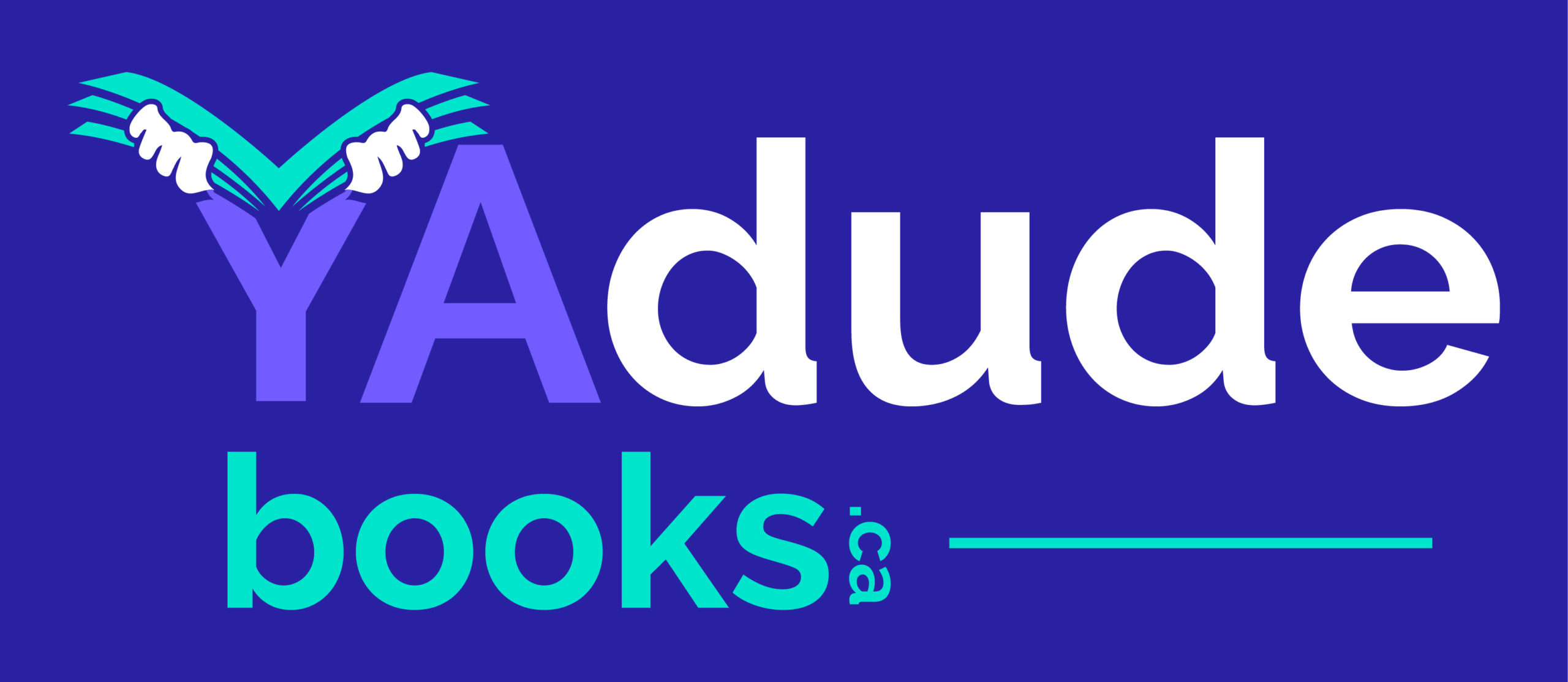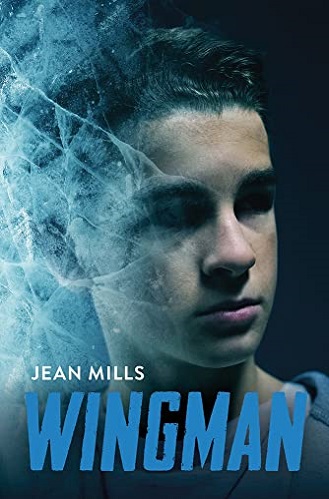The other night, Trace Brewster, Max’s best friend and star hockey player for the Hawks, scored on his own net and put the team’s chances of qualifying for an upcoming tournament in jeopardy. Since then, Trace has gone silent and is shutting everyone out. But Max thinks there’s more going on with his friend than what happened on the ice. For one thing, there are bruises on Trace’s face that he refuses to explain. Can Max find a way to get Trace to open up and help him in time for the big game?
The only thing that Max takes more seriously than hockey is playing wingman for his friend and hockey-star Trace. When Trace starts to zone out and even scores on their own net, Max teams up with Trace’s former girlfriend Cate to figure out what is going on. It would have been easy to blame Trace for losing the game and putting their chances of participating in the Elite Six Invitational Hockey Tournament in jeopardy, but Max wouldn’t do that, even when Trace takes out his anger on him during a practice and knocks him over. Because a wingman looks out for their team’s number one.
Max struggles to ignore the taunts of their rivals on the Cougars, including Jared Colt, and looks for Trace in the rink when he goes missing from school. Max sees first-hand the verbal and physical abuse of Trace by his dad when he picks him up from the rink, so he makes the hard decision to tell the only adult he knows he can trust: Wally, the Zamboni driver.
Wingman is a hi-lo (high-interest, low reading level) book that appeals to reluctant readers who would rather be on the ice than reading in the stands. Easy-to-read font, lots of space on the page and simple sentences are nicely disguised by hockey jargon to make the book feel like a high school read. Mills successfully captures the angst of hockey teens struggling with bullying, the pressure to perform, the loyalty of friendship and the difficulty of determining which adults to trust. Max is a likable character who values friendship over the spotlight, but who never says no to the thrill of feeling the ice beneath his skates and the joy of defeating a rival – with a bit of trash talk thrown in. There is frequent use of the “F” word and some profanity not uncommon amongst teens at this age that might make the book a better fit for older readers (thus the 14+ rating). Wingman is a winner for readers of sports fiction and would be a welcome addition to any library but might be more likely to be seen on the bench or in the locker room.
-James Steeves


